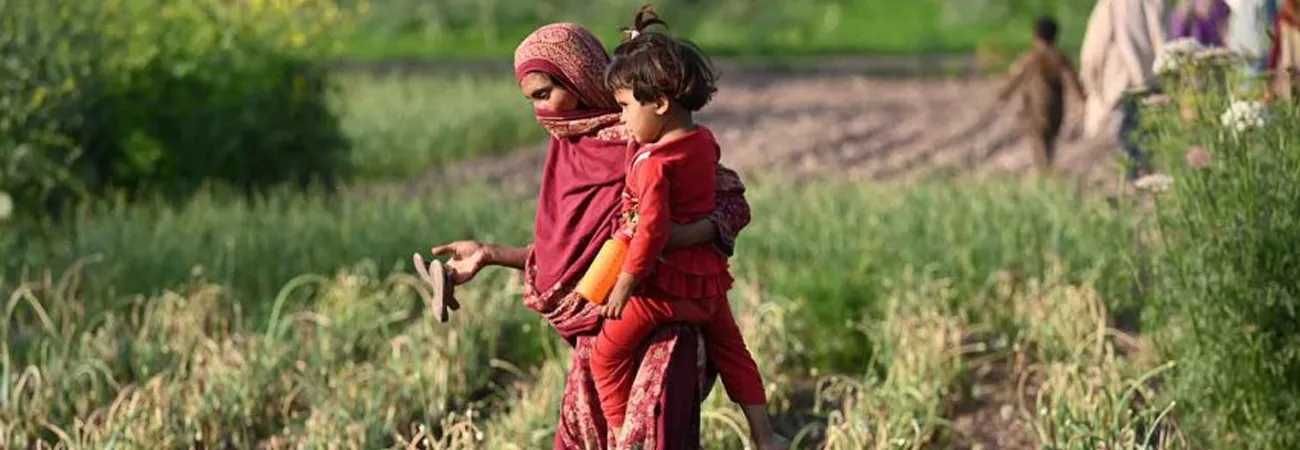i ECONOMY
The Sindh government will provide financial assistance to women working in the agriculture sector to uplift them economically. Women working in agriculture would be provided financial assistance under the Benazir Women Agriculture Workers Support Programme through a Conditional Cash Transfer (CCT) initiative. The provincial government has earmarked special funds for undertaking the feasibility study of the project. “This initiative will help the rural women working in the agriculture in terms of financial sustainability,” Mazhar Laghari, Joint Director of the Sindh Agriculture Extension project, told WealthPK. He said that the project had been conceived under the vision of former prime minister late Benazir Bhutto, who always strived for the economic and social wellbeing of all segments, particularly women. Though the province enacted the Sindh Women Agriculture Workers Act 2019 (SWAWA), its implementation has not been done in letter and spirit. This act is a pivotal step towards recognising the work of women in the agriculture sector, promoting their participation in decision-making, and fostering empowerment.
Unfortunately, more than four years have passed, but no steps have been taken to enforce this law, which is vital for the rights of women involved in agriculture, livestock, fisheries and related sectors. “Women in Tharparkar, Sanghar, Mirpurkhas, Dadu, Jacobabad, and Badin districts live in the worst conditions, almost without access to health and education services and facilities,” pointed out Akram Ali Khaskheli, President of Hari Welfare Association, which works for poverty alleviation in rural Sindh. He told WealthPK that despite the promises made in the SWAWA, the women were hardly given Rs5,000 to Rs10,000 per month for their extensive work in the entire cultivation process, particularly in laborious activities like chili picking, cotton picking, dates processing, banana and wheat cultivation. Sakina Bibi, President of Harayani Sujag Mazdoor Union of Village Hakim Ali Khaskheli, said that despite more than 70% of women in rural Sindh being engaged in agriculture and related occupations, they and their families continued to endure poverty, malnutrition and hunger.
Sakina pointed out that despite the Sindh Bonded Labour System Abolition Act of 2015, women and girls were still working as bonded labourers in the agriculture and fisheries sectors, subjected to hazardous conditions such as cotton harvesting, pesticide application and exposure to dangerous machinery and environmental risks. She urged the government of Sindh to notify the board envisaged under the SWAWA of 2019, provide genuine representatives of women agriculture workers on the board, set up field offices across the province and register women agriculture workers. She also called for setting up tripartite councils through wider publicity and promotion of the law. She emphasised that the government’s commitment to enforcing this law was crucial to recognising and protecting the rights of women in the agriculture sector.
Credit: Independent News Pakistan









